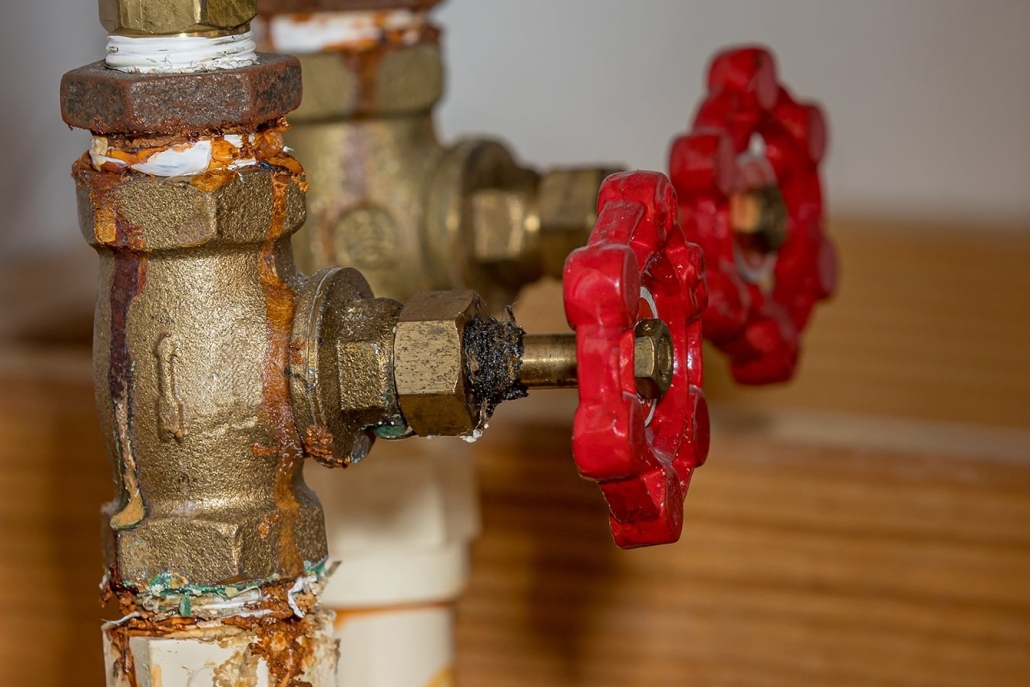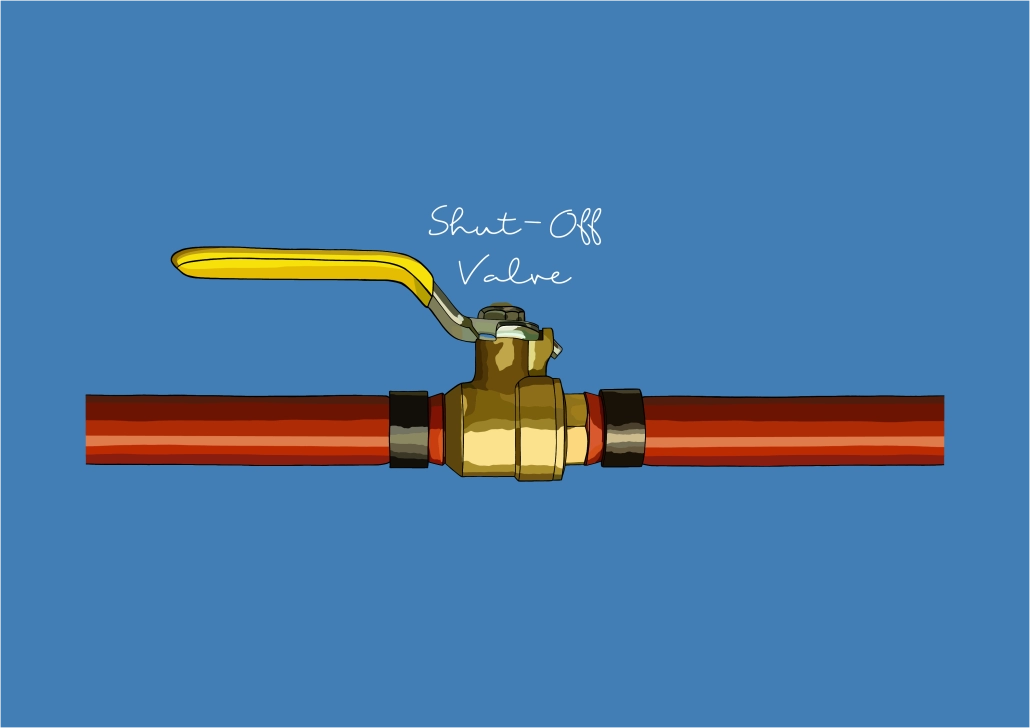Basic Plumbing Maintenance and Prevention Tips Everyone Should Know
Plumbing is one of the most critical systems in your home, and understanding how it works can save you from stress, unnecessary costs, and major headaches. Homeowners often underestimate how simple maintenance and preventive measures can keep plumbing systems running smoothly while extending their lifespan. Below, we outline essential plumbing maintenance practices and highlight the key steps every homeowner can take to avoid issues.
Why Plumbing Maintenance Matters
Ignoring minor plumbing issues can lead to costly repairs and water damage. Regular plumbing maintenance ensures your home’s plumbing system operates efficiently, prevents clogs, and reduces wear and tear. Understanding your plumbing system empowers you to handle many minor issues and make informed decisions when professional help is necessary.
1. Where Is Your Main Shut-Off Valve?
The main shut-off valve is your first line of defense during a plumbing emergency, like a burst pipe or water leak. You may minimize damage by turning off the water supply while you wait for professional assistance. Here’s how to locate it:
- It’s often near the water meter or the point where the main water line enters your house.
- If you’re unsure, contact a professional plumber to help you identify and test it.
Pro Tip: Test your shut-off valve periodically to ensure it hasn’t seized up over time.
2. Mind What You Flush
Toilets are not trash cans, as sometimes we may think so; avoid flushing anything other than human waste and toilet paper. Common culprits that clog toilets include:
- Baby wipes (even those labeled as flushable)
- Feminine hygiene products
- Paper towels or tissues
- Cotton balls
Unlike toilet paper, these materials don’t dissolve, leading to blockages and potential sewer backups.
3. Prevent Clogs with Routine Care
Having a clog is one of the most frequent plumbing issues, but it’s also one of the easiest to prevent. Here are a few tips:
- Use drain screens: These handy devices will catch hair, soap scum, and many other debris before they enter your pipes.
- Be mindful of grease: Never pour cooking grease, oil, or fat down the drain. Instead, you should put it in a container and dispose of it in the trash.
- Flush drains periodically: Pour a pot of boiling water down your drains once a week to clear minor buildup from soap and grease.
4. Check for Leaks Regularly
Having a small leak can lead to significant water waste, damage, and higher utility bills. Inspect these areas regularly:
- Faucet connections and underneath sinks for dripping water
- Visible pipes for moisture or rust
- You can check toilets for hidden leaks by listening for running water or adding food coloring directly to the tank to see if it seeps into the bowl.
If you detect a leak, even a small one, act immediately. If caught early, most leaks can be fixed inexpensively.
5. Monitor Water Pressure
Water pressure that’s too high can strain your plumbing system and damage appliances like dishwashers or washing machines. The ideal water pressure is around 40-60 psi. Use a water pressure gauge to test it, and if it’s too high, consider installing a pressure regulator.
6. Insulate Pipes for Winter
Burst pipes are a common issue during freezing weather. To prevent this:
- Wrap exposed pipes with foam insulation sleeves.
- When it is cold outside, keep a slow trickle of water running through taps during extreme cold to reduce the risk of freezing.
- Seal any cracks or holes around pipes in exterior walls with caulk or spray foam.
7. Don’t Ignore Your Water Heater
Your water heater works hard to keep your showers warm and dishes clean, so treat it with care:
- Schedule annual maintenance, including flushing to remove sediment buildup.
- Check the anode rod, which prevents rust, and replace it if worn.
- Set your temperature to 120°F to avoid scalding and reduce energy costs.
8. Watch What Goes Down The Garbage Disposal
Your garbage disposal may handle a lot, but not everything. Avoid putting the following items into it:
- Stringy vegetables like celery or asparagus
- Eggshells
- Coffee grounds
- Bones
Run cold water before and after using the disposal to prevent debris from sticking to the blades.
9. Be Prepared for Emergencies
Even if you follow all preventive measures, plumbing emergencies can still happen. Here’s how to prepare:
- Keep essential tools like a plunger, wrench, and plumber’s tape at hand.
- Always keep the number of a trusted 24/7 emergency plumber handy.
- Educate your family members on how to turn off the main water valve and troubleshoot common issues.
10. Call in the Professionals When Needed
While regular maintenance can prevent many issues, some tasks require expertise. If you encounter persistent clogs, low water pressure, or signs of a larger problem, it’s time to call a professional plumber. Companies like Poole’s Plumbing offer 24/7 emergency services and guarantee quality work for your peace of mind.

The Power of Preventive Maintenance
By routinely maintaining your plumbing system and being proactive, you may avoid costly repairs and enjoy a more reliable water supply. It’s about making small efforts today to prevent significant problems tomorrow.
If plumbing maintenance feels overwhelming or you need expert guidance, contact trusted professionals like Poole’s Plumbing. Whether identifying your shut-off valve or addressing a complex issue, they’re committed to quality, reliability, and customer satisfaction.
Need Help with Plumbing Maintenance?
Don’t wait until it’s too late! Contact Poole’s Plumbing for expert advice, repairs, and maintenance to keep your home running smoothly. Call 919-661-6334 or get a free estimate today.




